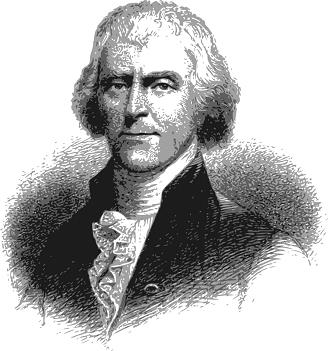 Stories of Great Americans for Little Americans
Stories of Great Americans
Stories of Great Americans for Little Americans
Stories of Great Americans


 Stories of Great Americans for Little Americans
Stories of Great Americans
Stories of Great Americans for Little Americans
Stories of Great Americans

Study the lesson for one week.
Over the week:
In the story, a man was polite to Jefferson, and Jefferson was polite back to the man. Jefferson wrote, 'All men are created equal,' and that we all have the right to life, to be free, and to try to be happy.
The Declaration of Independence declared that America was free from British rule. It also outlined basic human rights that should be given to all.
Activity 1: Narrate the Story
Activity 3: Act Out the Story
Be extra polite three times this week. For example, you might: